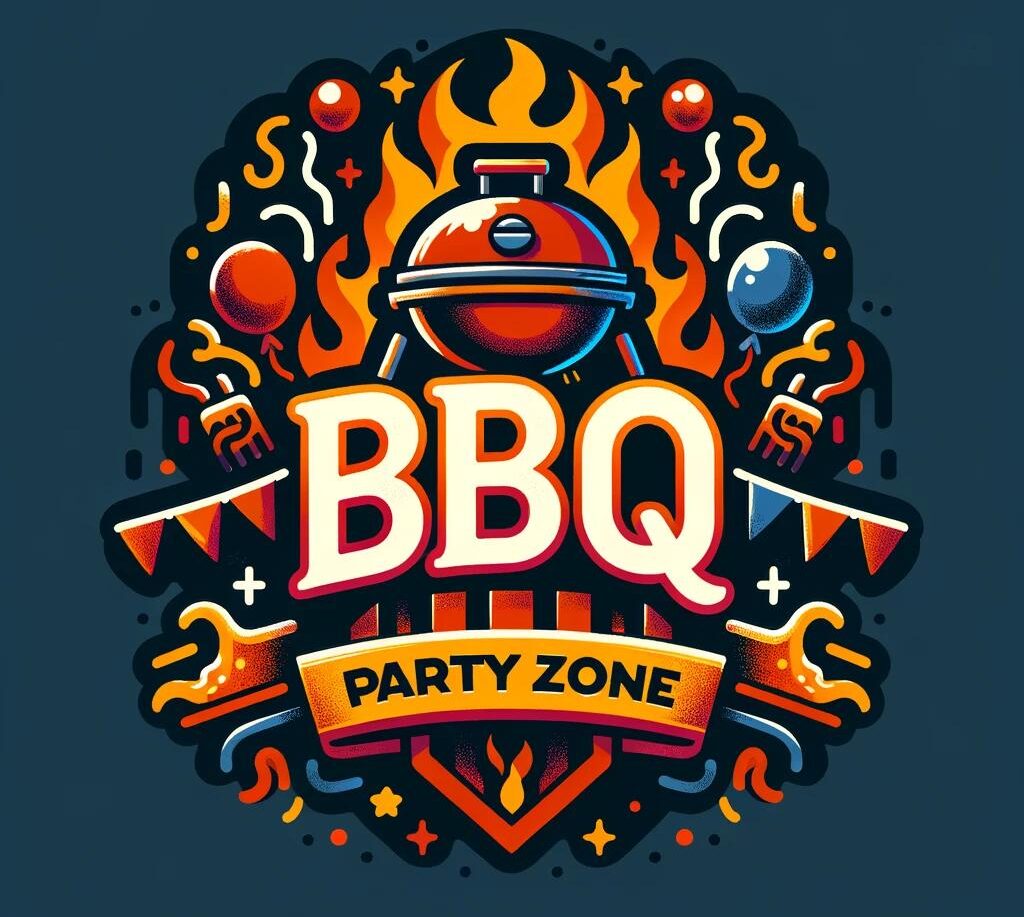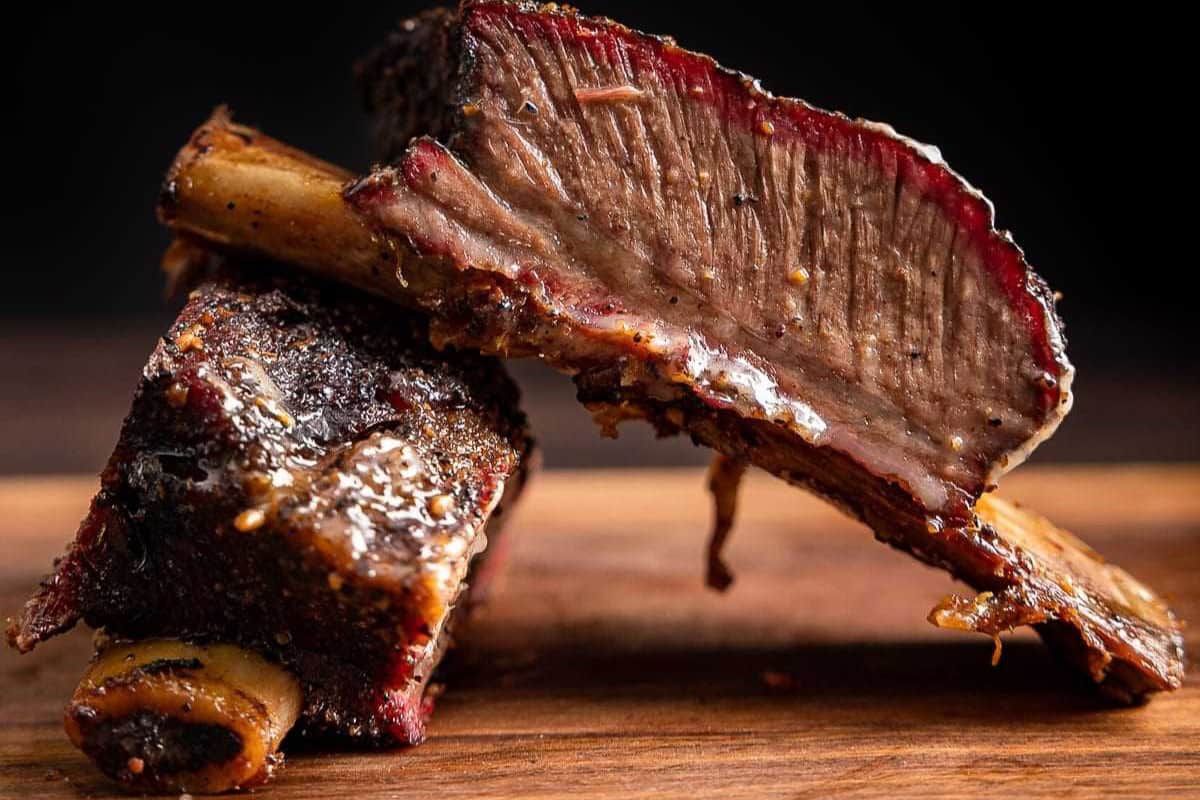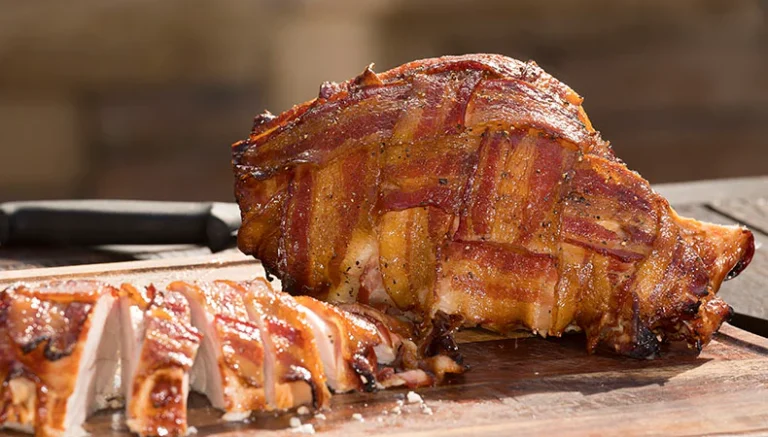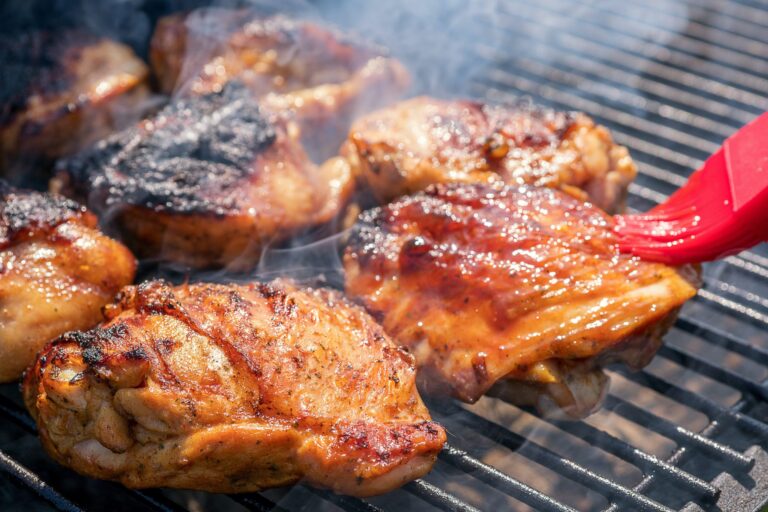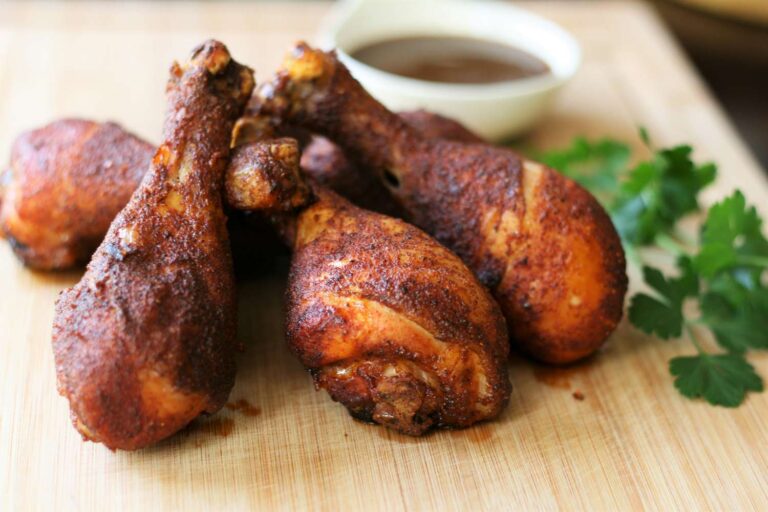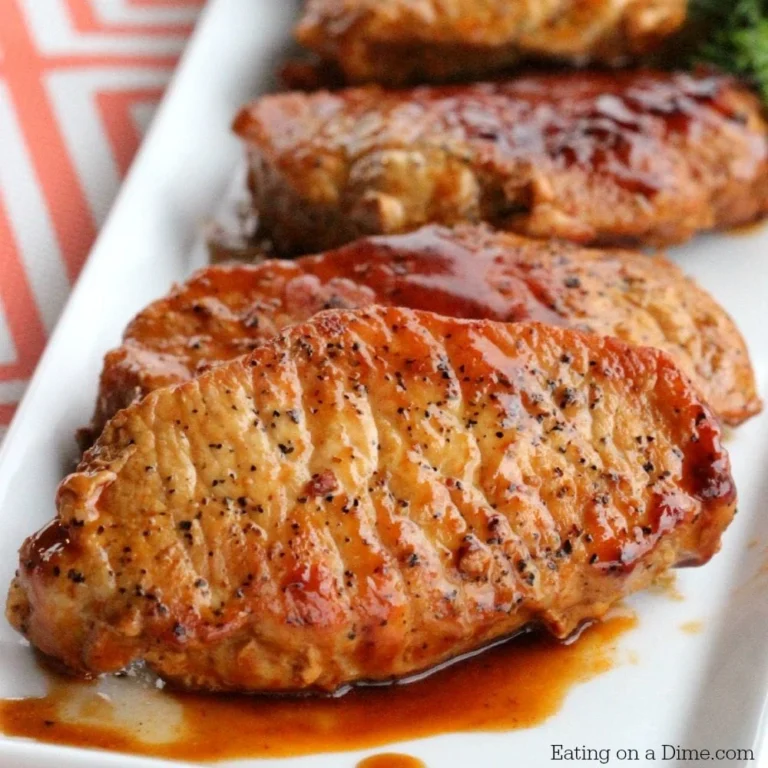Health and Nutrition of BBQ Beef Ribs
BBQ beef ribs are a beloved staple at many gatherings, offering a delicious combination of smoky flavor and tender meat. However, it’s important to consider their health and nutritional impact.
In this article, we’ll delve into the health and nutrition of BBQ beef ribs, exploring their calorie and macro content as well as the vitamins and minerals they provide. We’ll also share tips for making your BBQ healthier by choosing lean cuts and using low-sugar sauces.
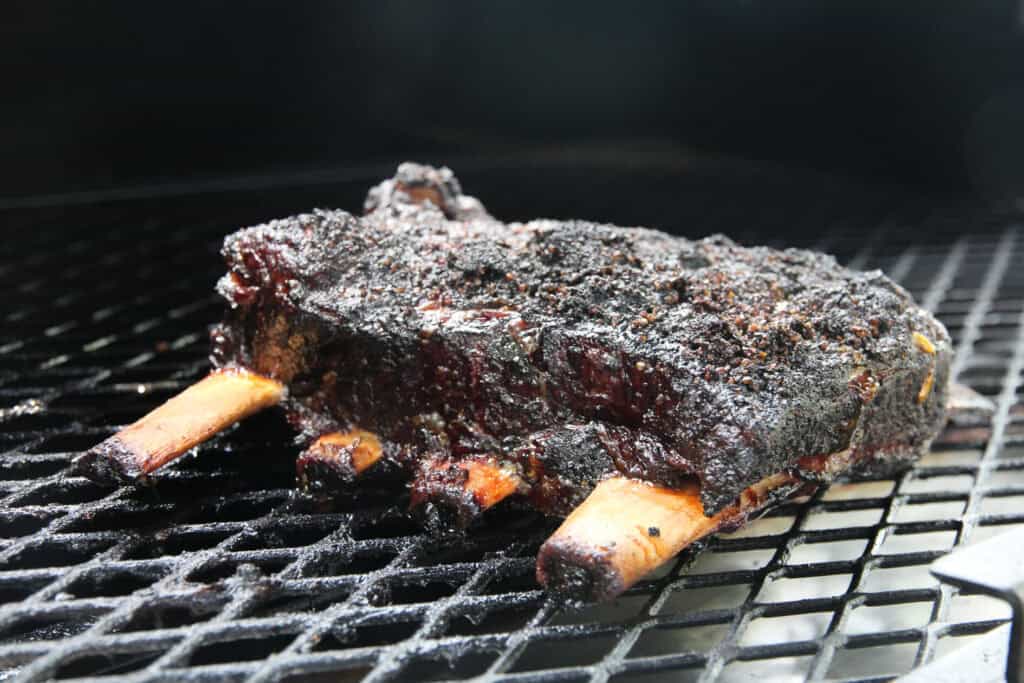
Nutritional Information of BBQ Beef Ribs
BBQ beef ribs can be a nutritious and satisfying meal when consumed in moderation. Understanding their nutritional content can help you make informed choices about your diet.
Calories and Macros
The calorie content of BBQ beef ribs can vary significantly based on the cut of meat, cooking method, and any sauces or rubs used. On average, a serving of BBQ beef ribs (about 3 ounces) contains approximately:
- Calories: 250-300
- Protein: 20-25 grams
- Fat: 18-22 grams
- Saturated Fat: 7-9 grams
- Carbohydrates: 0-5 grams (depending on sauces or marinades)

The high protein content in beef ribs makes them an excellent choice for those looking to build or maintain muscle mass. Protein is essential for muscle repair and growth, which is particularly important for athletes and those with active lifestyles. However, the fat content, particularly saturated fat, can be a concern for those managing their cholesterol levels. High intake of saturated fats has been linked to increased levels of LDL cholesterol, which can contribute to heart disease.
When considering macros, BBQ beef ribs primarily contribute to protein and fat intake. Protein provides the necessary amino acids for various bodily functions, while fat serves as a significant source of energy. It’s crucial to balance the intake of BBQ beef ribs with other nutrient-dense foods to ensure a comprehensive diet.
Vitamins and Minerals
BBQ beef ribs are also a good source of essential vitamins and minerals. Key nutrients found in beef ribs include:
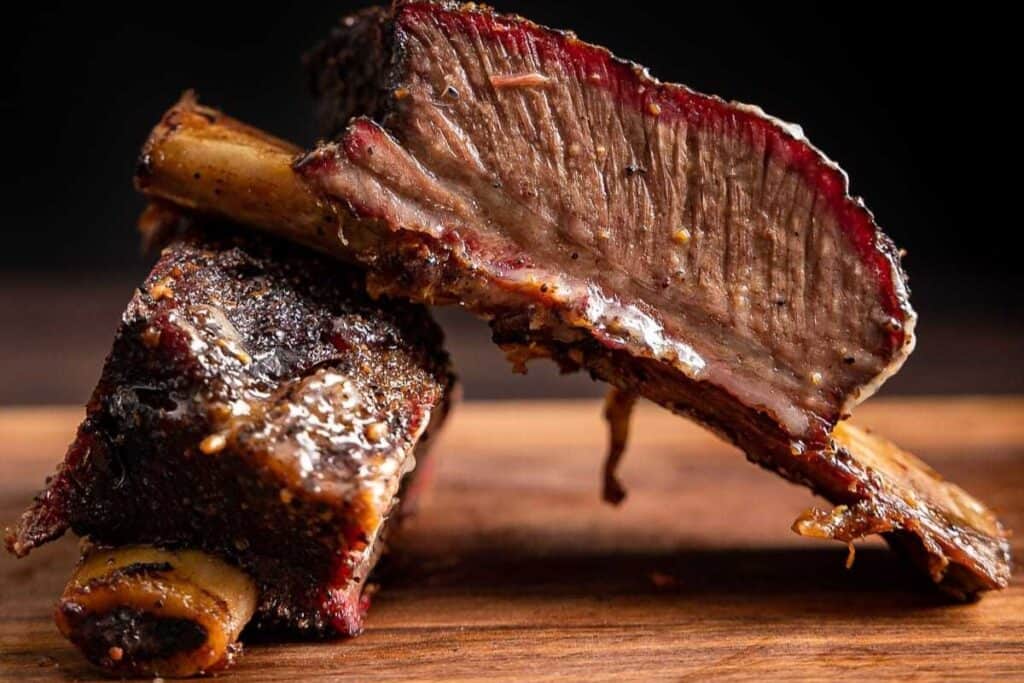
- Iron: Important for red blood cell production and preventing anemia.
- Zinc: Supports immune function and wound healing.
- Vitamin B12: Crucial for nerve function and the production of DNA and red blood cells.
- Niacin (Vitamin B3): Helps convert food into energy and maintain healthy skin and nerves.
- Phosphorus: Essential for healthy bones and teeth, and plays a role in energy production.
Iron is a critical component of hemoglobin, which transports oxygen from the lungs to the rest of the body. Zinc plays a vital role in maintaining a healthy immune system and is necessary for proper growth and development. Vitamin B12 is essential for neurological function and DNA synthesis, making it crucial for overall health.
Niacin aids in metabolic processes, helping to convert food into energy. It also supports skin health and has anti-inflammatory properties. Phosphorus, found in every cell of the body, is crucial for energy production and bone health. These vitamins and minerals make BBQ beef ribs a nutrient-dense choice, especially when paired with other healthy foods.
Tips for Healthier BBQ
Enjoying BBQ beef ribs doesn’t mean you have to compromise on health. By making mindful choices, you can savor the flavors while keeping your meal nutritious.
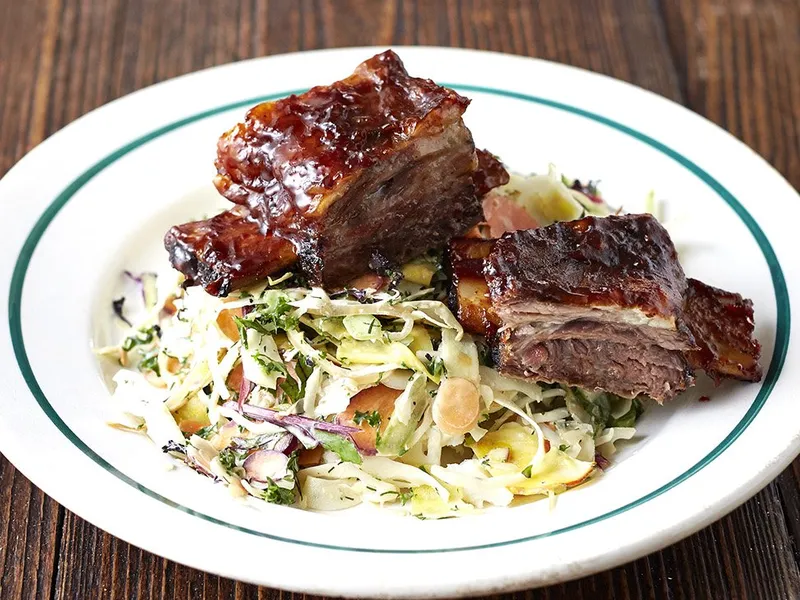
Choosing Lean Cuts
Opting for leaner cuts of beef ribs can significantly reduce the fat content without sacrificing taste. Here are some tips for selecting leaner cuts:
- Short Ribs: These are typically higher in fat, but you can trim excess fat before cooking.
- Back Ribs: Generally leaner than short ribs, these are a better choice for those watching their fat intake.
- Ask Your Butcher: Request leaner cuts or specific recommendations for healthier options.
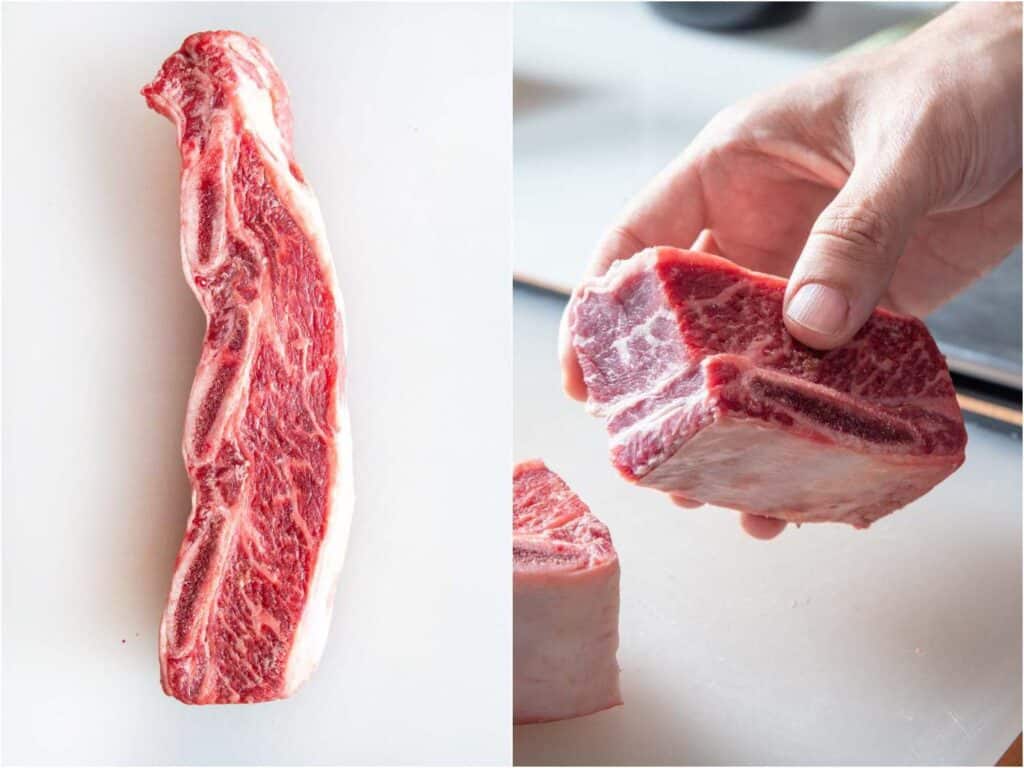
When shopping for beef ribs, look for cuts with less visible fat and more meat. Trimming excess fat before cooking can also help reduce the overall fat content. Back ribs, in particular, tend to be leaner and can be a healthier option compared to short ribs.
Using Low-Sugar Sauces
Sauces and marinades can add significant calories and sugar to your BBQ beef ribs. To make your BBQ healthier, consider these alternatives:
- Homemade Sauces: Make your own BBQ sauce using fresh ingredients and less sugar. Consider using natural sweeteners like honey or maple syrup in moderation.
- Store-Bought Options: Look for BBQ sauces labeled as “low-sugar” or “no added sugar.” Read the nutrition labels to compare sugar content.
- Marinades: Use marinades that rely on herbs, spices, and acidic ingredients like vinegar or citrus juice to add flavor without extra sugar.
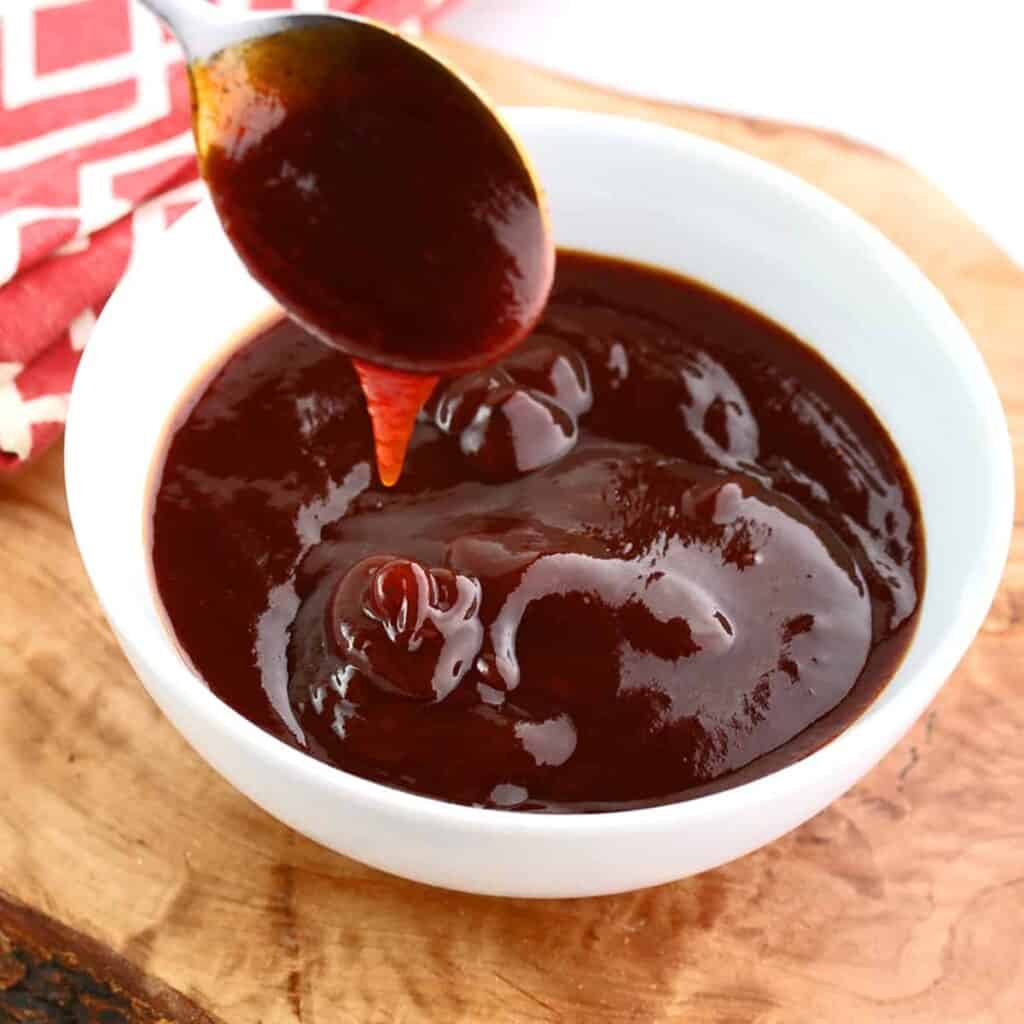
Homemade sauces allow you to control the ingredients and reduce the sugar content significantly. By using fresh tomatoes, herbs, and spices, you can create a flavorful sauce without relying on high-fructose corn syrup or other added sugars. Store-bought options should be chosen carefully, with attention paid to the ingredient list and nutritional information.
Incorporating Vegetables
Adding vegetables to your BBQ not only enhances the flavor but also boosts the nutritional value of your meal. Consider these options:
- Grilled Vegetables: Bell peppers, zucchini, onions, and mushrooms can be grilled alongside your ribs for a healthy side dish.
- Salads: Fresh salads with leafy greens, tomatoes, cucumbers, and avocados complement BBQ beef ribs and add important vitamins and minerals.
- Vegetable Skewers: Skewer vegetables with your ribs for a fun and nutritious twist.
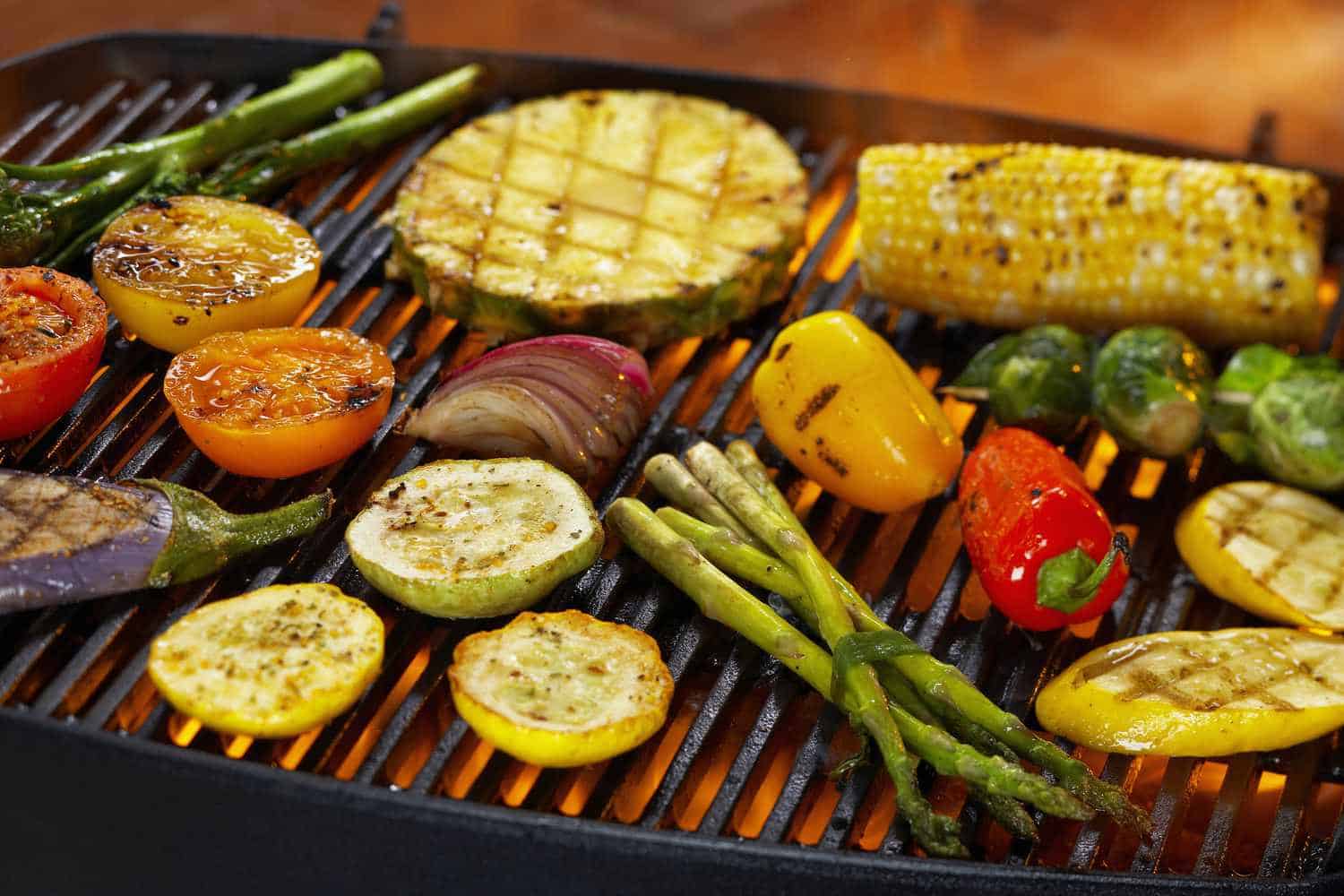
Grilled vegetables are an excellent way to add fiber, vitamins, and minerals to your BBQ. They provide essential nutrients while balancing the richness of the beef ribs. Fresh salads can offer a refreshing contrast and are packed with antioxidants and other health-promoting compounds.
Portion Control
Moderation is key when enjoying BBQ beef ribs. Here are some tips for portion control:
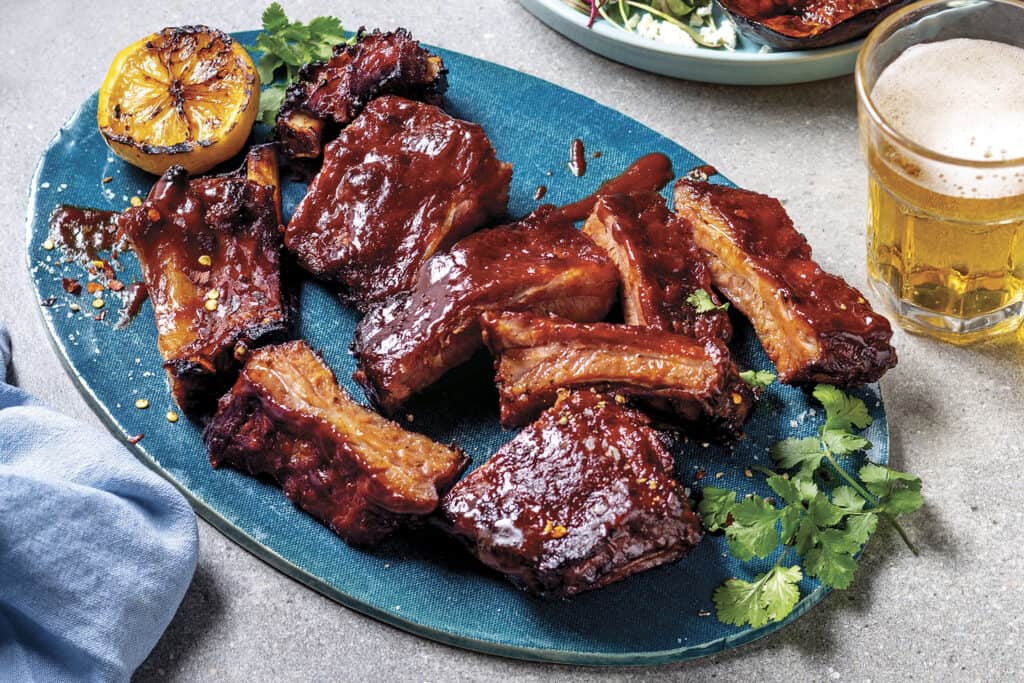
- Serve Smaller Portions: Instead of serving large ribs, cut them into smaller pieces to help manage portions.
- Balance Your Plate: Include a variety of foods on your plate, such as vegetables and whole grains, to ensure a balanced meal.
- Mindful Eating: Pay attention to hunger and fullness cues, and savor each bite to avoid overeating.
Serving smaller portions can help you enjoy BBQ beef ribs without overindulging. By balancing your plate with a variety of foods, you can ensure a well-rounded meal that includes essential nutrients from different food groups. Mindful eating practices, such as eating slowly and paying attention to satiety signals, can also help prevent overeating.
Healthier Cooking Methods
The way you cook your BBQ beef ribs can impact their healthiness. Consider these healthier cooking methods:
- Grilling: Grilling allows fat to drip away from the meat, reducing overall fat content.
- Baking: Baking ribs in the oven can be a healthier alternative to frying.
- Slow Cooking: Slow cooking can tenderize the meat without the need for excessive fat or sugar.
Grilling is a popular method for cooking BBQ beef ribs, as it allows excess fat to drip away from the meat. Baking and slow cooking are also healthier alternatives that can produce tender, flavorful ribs without the need for added fats or sugars.
Choosing Healthier Sides
The sides you choose to accompany your BBQ beef ribs can also impact the overall healthiness of your meal. Consider these healthier side options:
- Coleslaw with Greek Yogurt: Use Greek yogurt instead of mayonnaise to reduce fat and add protein.
- Whole Grain Bread: Opt for whole grain bread or buns instead of white bread to increase fiber intake.
- Fruit Salads: Fresh fruit salads can provide a sweet and refreshing contrast to the savory ribs.
Using Greek yogurt in coleslaw instead of mayonnaise can significantly reduce the fat content while adding a healthy dose of protein. Whole grain bread provides more fiber and nutrients compared to refined white bread. Fresh fruit salads can offer natural sweetness and essential vitamins and minerals.
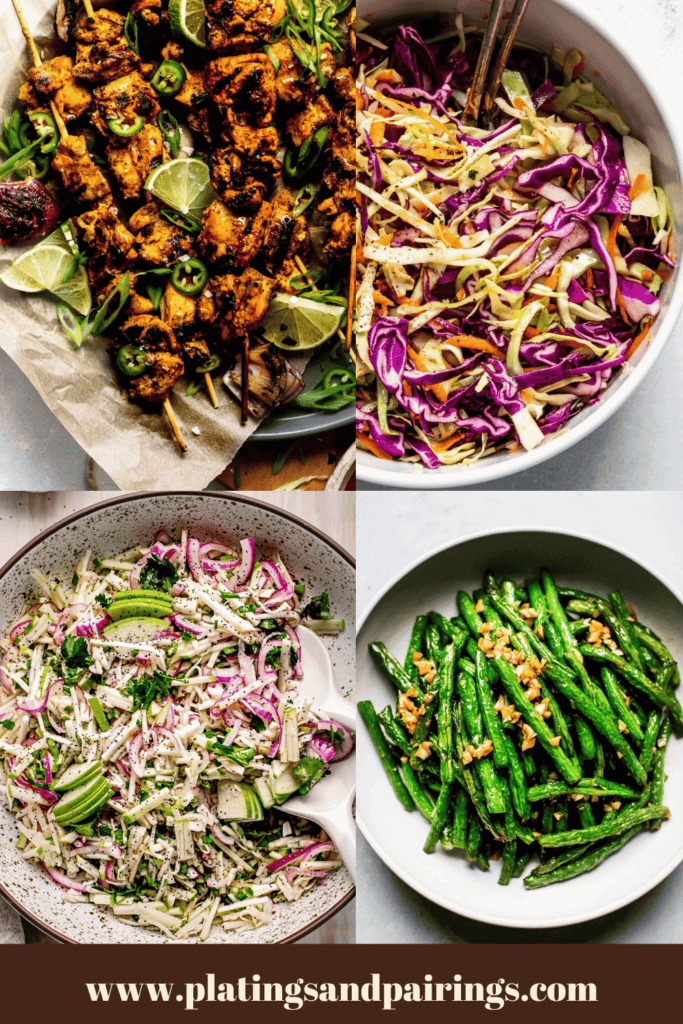
Staying Hydrated
Proper hydration is crucial, especially during outdoor BBQs. Here are some tips to stay hydrated:

- Water: Always have water available and encourage guests to drink plenty.
- Infused Water: Add slices of citrus fruits, cucumber, or mint to water for a refreshing twist.
- Limit Sugary Drinks: Avoid sugary sodas and opt for healthier beverages like iced tea or sparkling water.
Staying hydrated is essential, especially when enjoying rich and flavorful BBQ beef ribs. Providing infused water options can make drinking water more appealing, while limiting sugary drinks can help reduce overall calorie intake.
Incorporating Whole Grains
Adding whole grains to your BBQ can enhance the nutritional value of your meal. Consider these options:
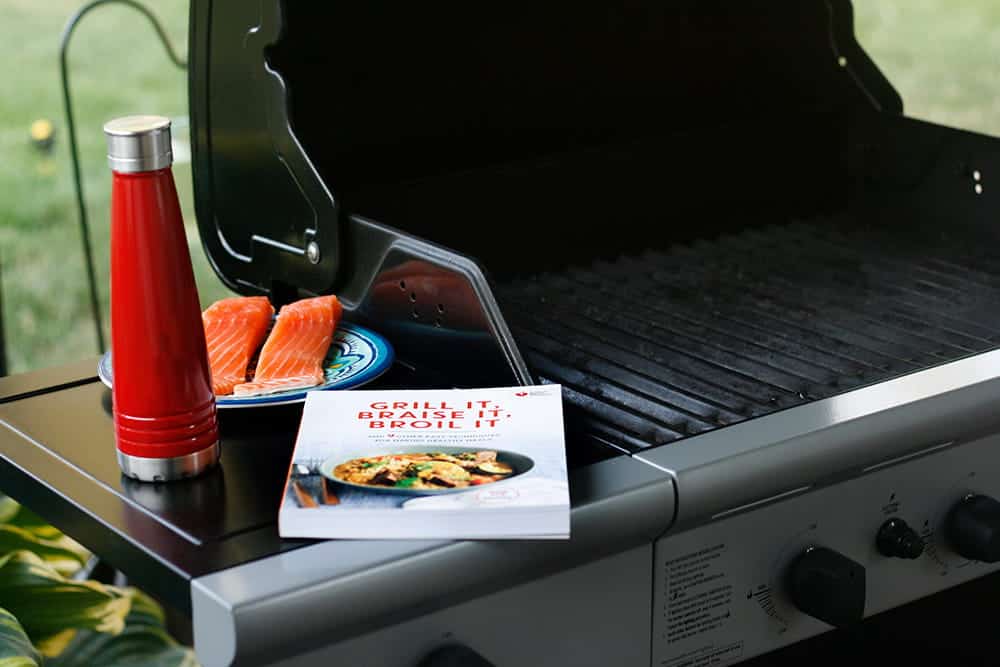
- Quinoa Salad: A quinoa salad with vegetables can provide fiber and protein.
- Brown Rice: Serve brown rice instead of white rice to increase fiber and nutrients.
- Whole Grain Pasta Salad: Use whole grain pasta for a healthier pasta salad option.
Quinoa is a nutrient-dense grain that offers both fiber and protein, making it a great addition to your BBQ. Brown rice and whole grain pasta are also excellent choices that provide more nutrients compared to their refined counterparts.
FAQs
Conclusion
BBQ beef ribs can be a delicious and nutritious part of your diet when enjoyed responsibly. Understanding their nutritional content and making mindful choices can help you savor the flavors while maintaining a balanced diet.
By choosing lean cuts, using low-sugar sauces, incorporating vegetables, practicing portion control, and opting for healthier cooking methods, you can enjoy BBQ beef ribs without compromising your health. Remember to enjoy your BBQ responsibly and balance it with other nutrient-dense foods for the best health benefits.
Disclosure: Our blog contains affiliate links to products. We may receive a commission for purchases made through these links. However, this does not impact our reviews and comparisons. We try our best to keep things fair and balanced, in order to help you make the best choice for you.
